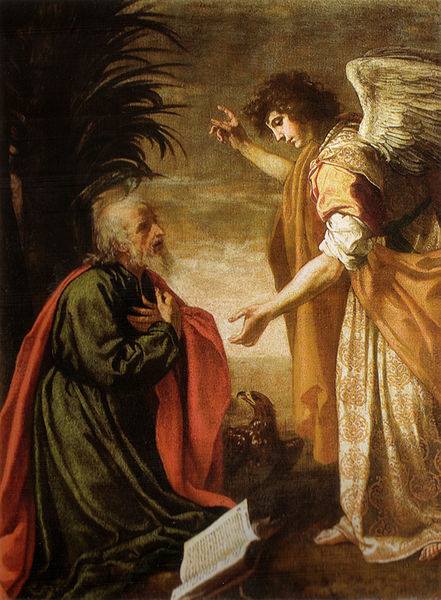Sermon for the First Vespers in Advent
‘Rather, fear him who can destroy both body and soul in hell.’
+INJ+
We say these words so often, we Lutherans, ‘fear, love, and trust.’ These are the things we owe God. These are how we rightly relate to our Lord. These three together are Christian piety. And the first of these is fear.
Everywhere in the Holy Scriptures, we are enjoined to fear the Lord, for it is the beginning of wisdom. We are called to gather to the Psalmist, for he promises to teach us the fear of the Lord. And even as we gather before the altar to receive the absolution and forgiveness of all sin from the Father, we do not respond to His promise of forgiveness with gratitude or happiness, rather we respond ‘therefore, you are feared.’
Many a pastor, and many a theologian, has attempted to explain away this idea, the fear of the Lord, saying that it is just an idiom for something like ‘respect’ or ‘honor’. They would in no way have you believe that the fear of the Lord is the same fear as the fear one feels when about to be devoured by a wild beast; or the fear one has when he is backed into a darkened alley before the gaze of bloodthirsty eyes.
But this is nonsense. Nowhere are we told that we should simply respect God, or show Him deference. Rather, fear, is what is commanded, the same fear we feel when we are powerless before a great force.
What is fear? It is nothing else but to recognize the might of another, and your weakness in the face of it. When one is terrified by an uncaged lion’s approach, it is because one knows the strength of the tearing teeth of the beast, and one’s inability to stop it. When one stands petrified before the barrel of a gun, it is because one knows the instant death that gun promises, and that no struggle will stop the bullet’s straightward sprint.
When one kneels before the throne of the Almighty, it is because they know that they kneel before him who can destroy both body and soul in hell.
To fear the Lord is to know Him as the beginning and end of all things; of the world’s origin, and its downfall; as its justifier, and its judge. It is to know that before Him all are like grass, that is one day, and dies, and as a flower that withers. That all created things before His righteous glory flee like a shadow, and continue not. It is to know that the Lord God Almighty is from everlasting to everlasting, but a man dies, and is laid low. ‘As waters fail from a lake, and a river wastes away and dries up, so a man lies down, and rises not again.’
Such is a hateful thought to our modern mind. How can we have a God that we must fear? Is not our God a God of love? Of kindness and compassion? Do we not await during this Advent season the coming of the Christ child, born meek and lowly, the very image of humility?
This we do await. A child, clothed in rags, held in the arms of a frail virgin, of young age, and of no means. This we await, and we shall see His coming. But our doctrine, which we were all taught from that old Catechism commands us to look upon this infant, newborn and helpless, and fear.
We must fear, for we are lost. We must fear, for we are mortal. We must fear, for we have no hope. We who are enslaved to sin and Satan, and face as our final end the blackness of death, that all consuming abyss, that last enemy, we must fear this child, even as He sleeps that silent night, for it is a holy night.
We must fear, for we need a Savior, and if this be our Savior, He must have the power to overcome our ancient foes, these everlasting oppressors. He must be able to destroy that which seeks to destroy us. If our Savior is to deliver us from our fallenness, and from the god of this world. He must not merely be a loving God, He must be a strong God.
Therefore, this Advent, we serve the Lord with fear, and rejoice with trembling, for we celebrate the return of the strong God. For, this, our Lord, is coming in power and might, in terror and dread, for He has come to bring justice to the earth; to slay the wicked, and cast into the fiery pit the devil and all his angels. He comes to bring not peace, but a sword. For He comes to strike down the evil one, that we, who take refuge in him will not be condemned, and so have no fear of them that speak lies.
We love our God because we know that in Him is our deliverance. We love our God, because we know that no power of hell can stand against Him. We love our God, because we know that this child will crush hell and abolish death, and destroy all sin within His own flesh. We love our God, because we first feared Him.
‘Come, therefore, O children, listen to me; I will teach you the fear of the Lord.’
+INJ+
Preached by Pastor Fields
Sermon Texts: Psalm 34:11-22; Proverbs 8:1-13; Matthew 10:24-28.



